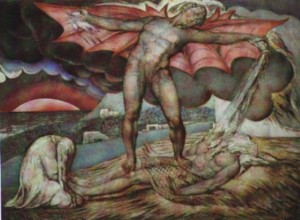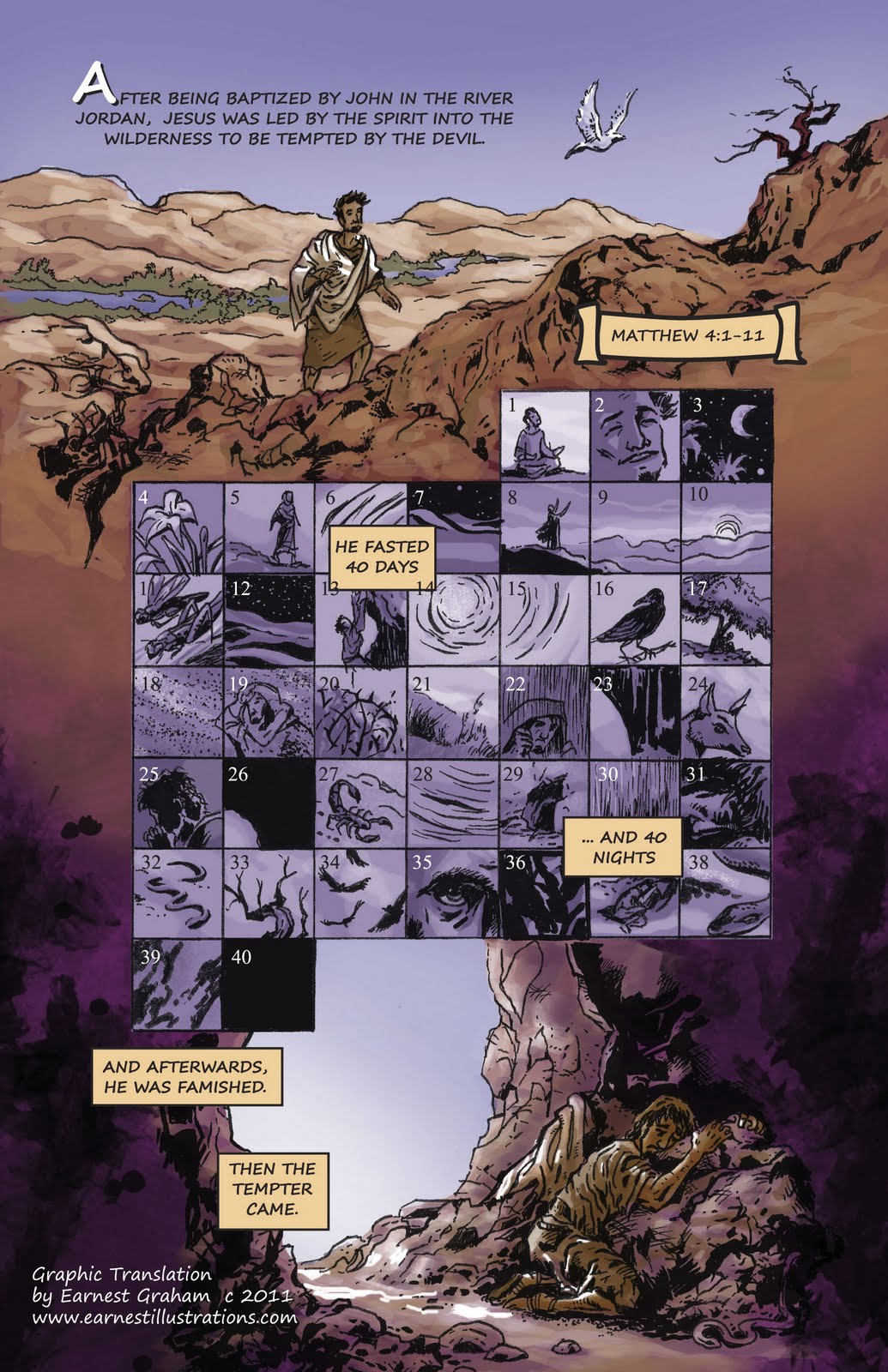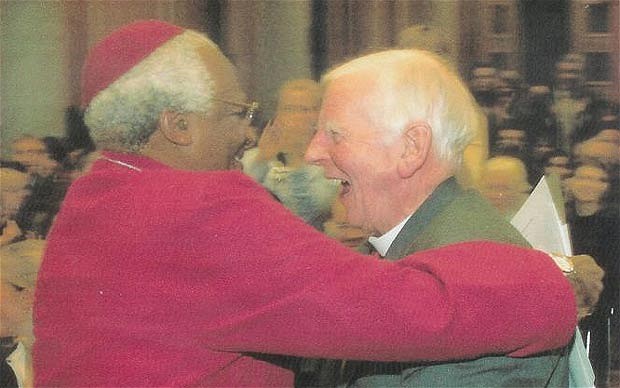 This is from a promotional blog post at Baker Academic’s blog for their Job commentary. I am not sure whether the comments are from Tremper Longman, the editor of that volume (the blog says “by Tremper Longman”) or not since it also says “posted by Bryan Dyer.” I any event… I am looking forward to looking at the volume and the post was of interest, striking the appropriate balance between recognizing that “present sufferings” are not simply the result of our personal sin. (“After all, we can control our pain that way. We can delude ourselves into thinking that as long as we are good, we won’t suffer.”) But the post’s penultimate paragraph concludes with the following.
This is from a promotional blog post at Baker Academic’s blog for their Job commentary. I am not sure whether the comments are from Tremper Longman, the editor of that volume (the blog says “by Tremper Longman”) or not since it also says “posted by Bryan Dyer.” I any event… I am looking forward to looking at the volume and the post was of interest, striking the appropriate balance between recognizing that “present sufferings” are not simply the result of our personal sin. (“After all, we can control our pain that way. We can delude ourselves into thinking that as long as we are good, we won’t suffer.”) But the post’s penultimate paragraph concludes with the following.
While the book [of Job] makes it perfectly clear that Job’s suffering did not result from his sin, he never gets an answer about why he suffered. In a word, the book of Job tells us that we have to live with mystery. The book of Job shows us how God wants us to respond to the difficult things in our life. Yes, as many have pointed out, he allows us to rant and rail like Job does and the lament psalms illustrate. But ultimately like Job at the end of the book and the “man of affliction” in Lamentations 3, God wants us to submit silently before him and put our trust in him.
I am not sure that I agree with his conclusion that we are ultimately to “submit silently” before God. While conceding that God “allows us to rant and rail” this view would suggest that if we are a really good Christian (or Jew, since we are only considering Tanakh) we would skip the railing and go directly to silent submission. It is true that Lamentations 3 says:
25 The LORD is good to those who wait for him,
to the soul that seeks him.
26 It is good that one should wait quietly
for the salvation of the LORD.
27 It is good for one to bear
the yoke in youth,
28 to sit alone in silence
when the Lord has imposed it,
29 to put one’s mouth to the dust
(there may yet be hope),
30 to give one’s cheek to the smiter,
and be filled with insults.





2 thoughts on “Suffering Silently? Longman and the Book of Job”